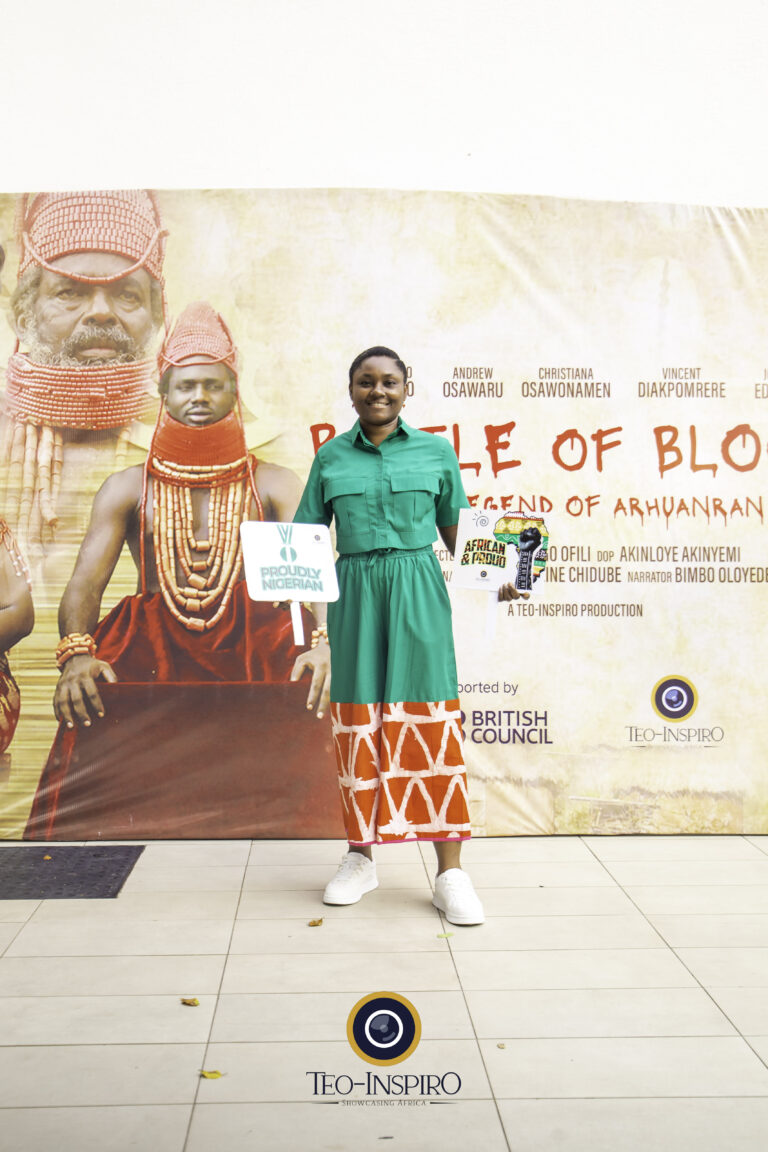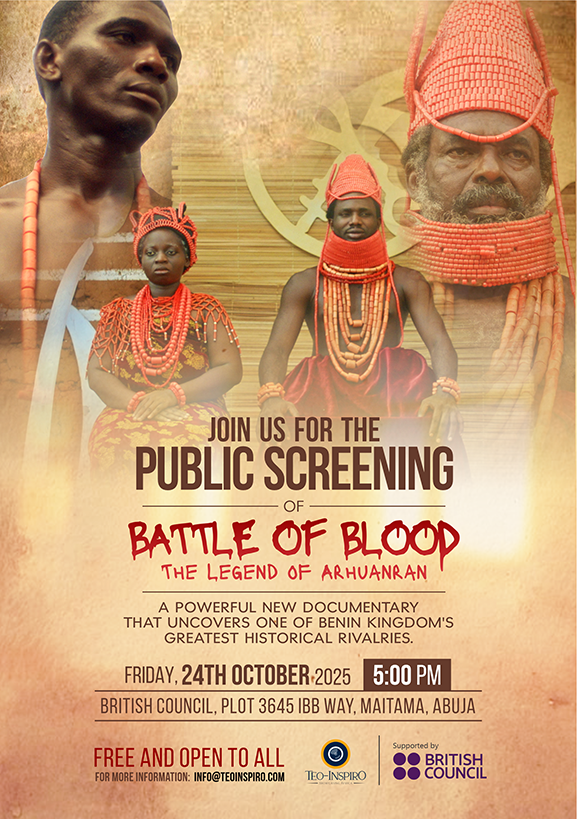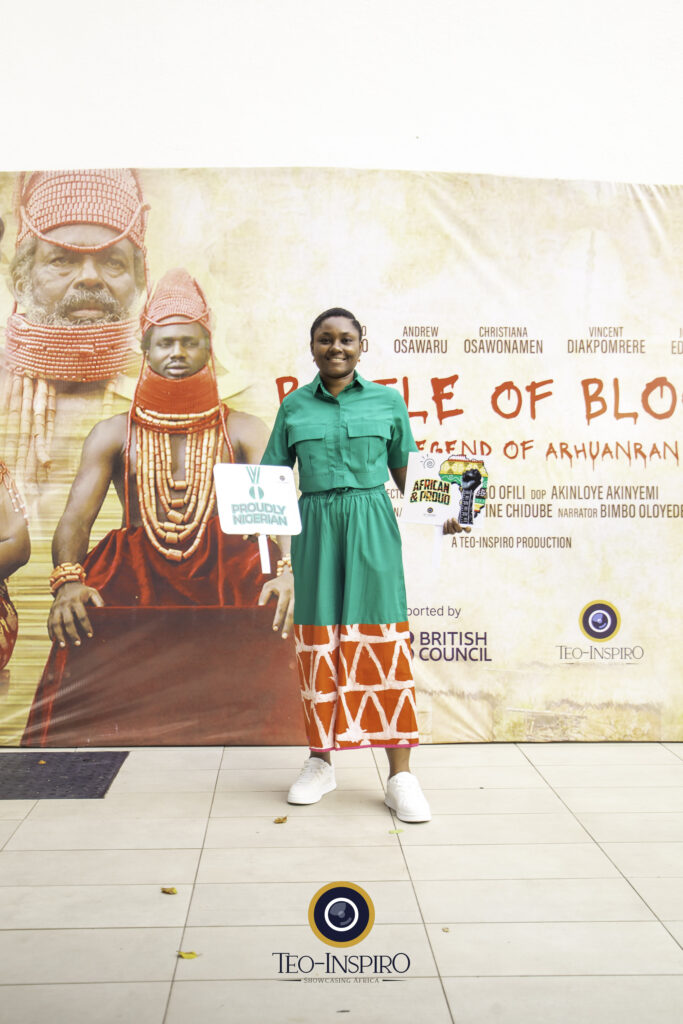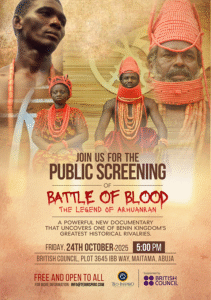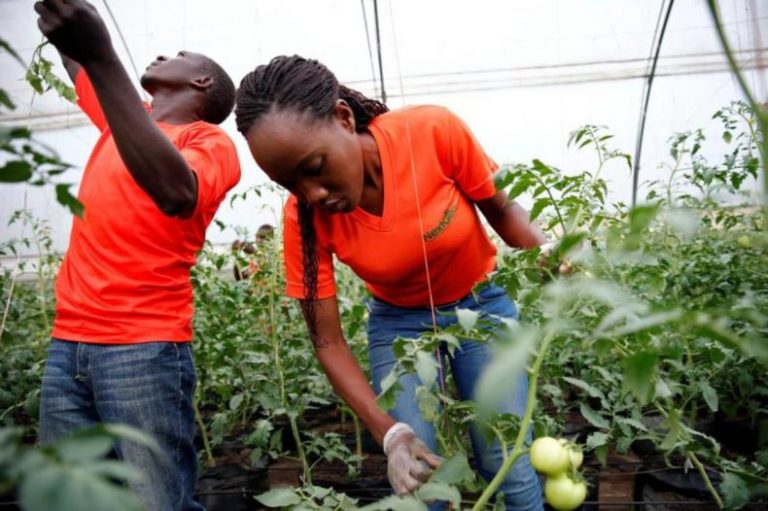In spring 2014 the two friends, Bosire and Kimani, began spending their free time interviewing farmers and bankers. While two-thirds of Kenya’s workforce is in the agricultural sector, less than one percent of commercial loans in Africa go to farmers. If they could convince risk-averse bankers that farmers are capable of using mobile phones to keep financial records and make loan payments, then the two women felt confident they could devise a digital bridge between the financial sector and a vast, untapped, and needy customer base.
Bosire and Kimani launched FarmDrive in May 2015. The digital recordkeeping platform serves as a basis for bankers to establish credit ratings and determine which farmers are best suited for small loans. FarmDrive’s pilot program consisted of 50 farmers. Today hundreds of thousands are in FarmDrive’s database; about 830 have received financing. In turn the banks pay FarmDrive for essentially functioning as their credit bureau for Kenya’s vast farming community. The two entrepreneurs have no intention of stopping there. “There are more than five million small farmers in Kenya,” Bosire says. “Throughout Africa it’s about 50 million. But when we started FarmDrive, we always had global ambitions. We’re building solutions for farmers in Asia too.”
In many ways the impulses driving Peris Bosire and Rita Kimani exemplify the best of Kenya’s digital scene: They’re motivated by a desire to better their communities. Even as they now tour the world speaking at business summits and scoping out other market opportunities, they remain rooted in Kenya. Although they come from impoverished villages, they’ve benefited in a broad sense from a heightened innovative streak that, for a host of historical and cultural reasons, seems endemic to Kenya. One distinction is that after Great Britain’s colonial rule ended, Kenya avoided missteps committed by other African nations. As Ndemo points out, “Since independence Kenya has been a free market economy, where a lot of other countries leaned towards the Soviet Union and experimented with socialism. Uganda had a bad experience with Idi Amin. Rwanda obviously had a very bad experience. In the meantime Kenyans have had more than 50 years of freedom.”
But if it’s true that Kenya’s relative stability has contributed to Bosire and Kimani’s success, it’s also true—and typical of the Kenyan entrepreneurial experience—that FarmDrive has succeeded with little encouragement from the national government. In sub-Saharan Africa, Kenya and Nigeria have achieved tech preeminence more from venture capital flowing into those large countries than from government action.
“Right now there is no link in Kenya between policymaking, academic research, and the private sector—and only the government can forge that link,” says Ndemo, who was among the first champions of a 5,000-acre technology hub under construction in Konza, about 40 miles from Nairobi, the capital. It was billed as Africa’s first “smart city” at its groundbreaking in 2013, but its construction has been hamstrung by political squabbling and profiteering. As Ndemo understatedly puts it, “The speed is not there.”
For now Kenya’s version of Silicon Valley is Nairobi’s Kilimani neighborhood, in particular a heavily trafficked, ramshackle thoroughfare known as Ngong Road. One catalyst was the influential technology-innovation center iHub, from which a number of homegrown software start-ups have been hatched—among them Totohealth, which helps parents track the health of their babies from pregnancy through early childhood. The University of Nairobi’s Kenya Science Campus is situated on Ngong. Across the street is 88mph, a prominent firm that invests in tech start-ups. And not far from iHub’s location is FarmDrive’s office, quietly positioned in the epicenter of the city’s programming community.

